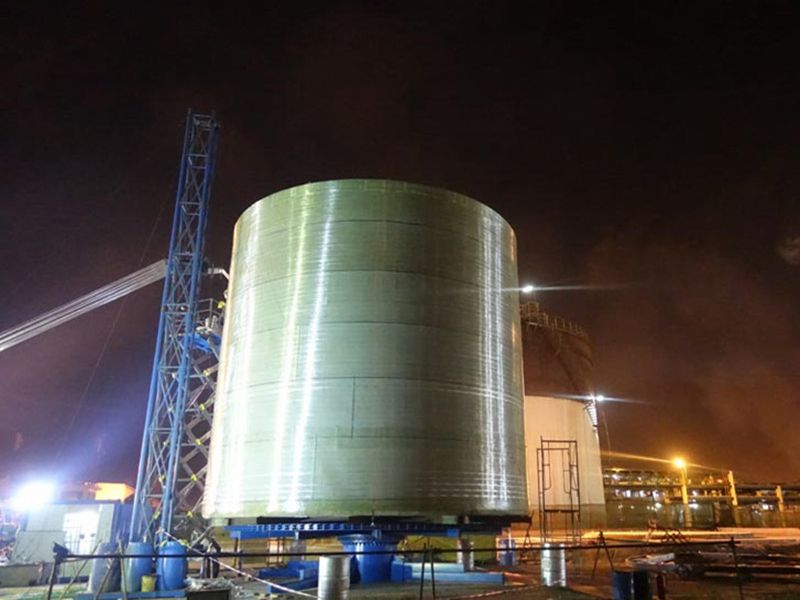
-
 Afrikaans
Afrikaans -
 Albanian
Albanian -
 Amharic
Amharic -
 Arabic
Arabic -
 Armenian
Armenian -
 Azerbaijani
Azerbaijani -
 Basque
Basque -
 Belarusian
Belarusian -
 Bengali
Bengali -
 Bosnian
Bosnian -
 Bulgarian
Bulgarian -
 Catalan
Catalan -
 Cebuano
Cebuano -
 China
China -
 China (Taiwan)
China (Taiwan) -
 Corsican
Corsican -
 Croatian
Croatian -
 Czech
Czech -
 Danish
Danish -
 Dutch
Dutch -
 English
English -
 Esperanto
Esperanto -
 Estonian
Estonian -
 Finnish
Finnish -
 French
French -
 Frisian
Frisian -
 Galician
Galician -
 Georgian
Georgian -
 German
German -
 Greek
Greek -
 Gujarati
Gujarati -
 Haitian Creole
Haitian Creole -
 hausa
hausa -
 hawaiian
hawaiian -
 Hebrew
Hebrew -
 Hindi
Hindi -
 Miao
Miao -
 Hungarian
Hungarian -
 Icelandic
Icelandic -
 igbo
igbo -
 Indonesian
Indonesian -
 irish
irish -
 Italian
Italian -
 Japanese
Japanese -
 Javanese
Javanese -
 Kannada
Kannada -
 kazakh
kazakh -
 Khmer
Khmer -
 Rwandese
Rwandese -
 Korean
Korean -
 Kurdish
Kurdish -
 Kyrgyz
Kyrgyz -
 Lao
Lao -
 Latin
Latin -
 Latvian
Latvian -
 Lithuanian
Lithuanian -
 Luxembourgish
Luxembourgish -
 Macedonian
Macedonian -
 Malgashi
Malgashi -
 Malay
Malay -
 Malayalam
Malayalam -
 Maltese
Maltese -
 Maori
Maori -
 Marathi
Marathi -
 Mongolian
Mongolian -
 Myanmar
Myanmar -
 Nepali
Nepali -
 Norwegian
Norwegian -
 Norwegian
Norwegian -
 Occitan
Occitan -
 Pashto
Pashto -
 Persian
Persian -
 Polish
Polish -
 Portuguese
Portuguese -
 Punjabi
Punjabi -
 Romanian
Romanian -
 Russian
Russian -
 Samoan
Samoan -
 Scottish Gaelic
Scottish Gaelic -
 Serbian
Serbian -
 Sesotho
Sesotho -
 Shona
Shona -
 Sindhi
Sindhi -
 Sinhala
Sinhala -
 Slovak
Slovak -
 Slovenian
Slovenian -
 Somali
Somali -
 Spanish
Spanish -
 Sundanese
Sundanese -
 Swahili
Swahili -
 Swedish
Swedish -
 Tagalog
Tagalog -
 Tajik
Tajik -
 Tamil
Tamil -
 Tatar
Tatar -
 Telugu
Telugu -
 Thai
Thai -
 Turkish
Turkish -
 Turkmen
Turkmen -
 Ukrainian
Ukrainian -
 Urdu
Urdu -
 Uighur
Uighur -
 Uzbek
Uzbek -
 Vietnamese
Vietnamese -
 Welsh
Welsh -
 Bantu
Bantu -
 Yiddish
Yiddish -
 Yoruba
Yoruba -
 Zulu
Zulu
fiberglass sewer pipe
The Advantages of Fiberglass Sewer Pipes
In the ever-evolving world of construction and plumbing, the choice of materials plays a crucial role in the durability and effectiveness of sewer systems. One material that has garnered attention in recent years is fiberglass. Fiberglass sewer pipes have emerged as a preferred option for many professionals in the industry due to their numerous benefits over traditional materials such as concrete and PVC. This article explores the advantages of fiberglass sewer pipes and why they may be the best choice for modern sewer applications.
Lightweight Yet Strong
One of the most significant benefits of fiberglass sewer pipes is their lightweight nature. Compared to traditional materials, fiberglass is substantially lighter, which simplifies transportation and installation. This reduced weight also lessens the load on the installation team, minimizing the risk of injury and speeding up the overall installation process. Despite being lightweight, fiberglass is incredibly strong and can withstand considerable stress, making it suitable for various applications, including those in challenging environments.
Corrosion Resistance
Foul odors and hazardous substances commonly present in sewage can lead to corrosion in traditional piping materials. Fiberglass pipes, on the other hand, are highly resistant to a wide range of corrosive substances, including chemicals and sewage itself. This remarkable resistance extends the lifespan of the pipes significantly. Where metal pipes might rust and concrete pipes might deteriorate over time, fiberglass can maintain its integrity for decades, leading to reduced maintenance costs and less frequent need for replacements.
Cost-Effectiveness
While the initial investment in fiberglass sewer pipes may be higher than that of traditional materials, the long-term cost-effectiveness becomes evident in several ways. The longevity and durability of fiberglass reduce the need for costly repairs and replacements. Additionally, since installation is quicker and requires fewer resources, labor costs can also be lower. Over time, owners and municipalities will find that fiberglass sewer pipes represent a wise financial choice, ultimately saving money in the long run.
fiberglass sewer pipe

Flexibility in Design
Fiberglass pipes offer remarkable versatility in design and application. They can be manufactured in various sizes, shapes, and thicknesses, making them ideal for diverse construction needs. Additionally, their flexibility allows them to adapt to shifting soil and environmental conditions without cracking or breaking. This adaptability makes fiberglass an excellent option for areas prone to earthquakes or heavy rain, where traditional pipes might fail due to stress and movement.
Environmentally Friendly
In today's environmentally conscious world, the sustainability of materials is of paramount importance. Fiberglass sewer pipes are produced using materials that can be recycled, reducing the environmental impact associated with disposal. Furthermore, the long service life of fiberglass means that fewer resources are consumed over time when compared to traditional materials that require frequent replacement. By choosing fiberglass, projects can align with green practices and contribute positively to environmental sustainability.
Reduced Friction and Flow Resistance
Another notable advantage of fiberglass sewer pipes is their smooth inner surface. This smoothness reduces friction and flow resistance, allowing for more efficient wastewater transport. This characteristic is particularly beneficial in reducing the risk of clogs and backups, which can lead to costly repairs and environmental hazards. Improved flow efficiency also means that smaller-diameter pipes can be used in some instances, which could further reduce material costs.
Conclusion
In conclusion, fiberglass sewer pipes present a compelling array of benefits that set them apart from traditional materials. Their lightweight yet strong design, corrosion resistance, cost-effectiveness, flexibility, environmental friendliness, and improved flow characteristics make them an excellent choice for modern sewer systems. As construction practices continue to evolve, embracing innovations like fiberglass will likely become standard practice, paving the way for more reliable and sustainable infrastructure. When considering the future of sewer systems, fiberglass undoubtedly stands out as a forward-thinking option that meets the demands of today and tomorrow.









